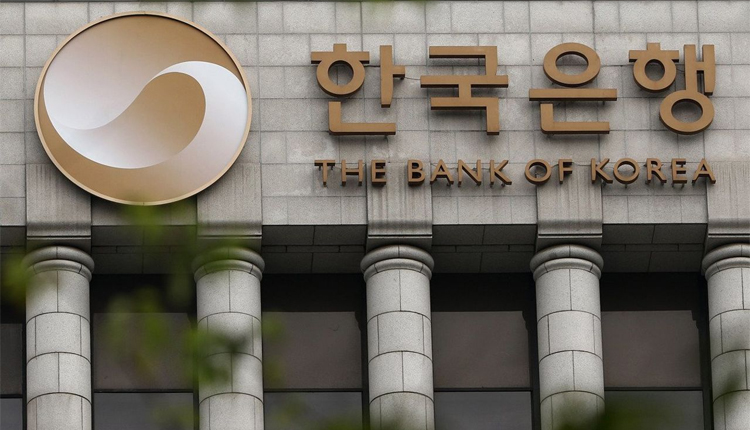The Bank of Korea (BOK) kept the interest rate unchanged at 3.50 per cent for the intermeeting period, despite a slowdown in inflation, according to the bank’s monetary statement on Thursday.
The Monetary Policy Board sees high uncertainties around the inflation outlook and believes it is necessary to monitor changes in domestic and external policy conditions, such as monetary policies in major countries, exchange rate volatility, and geopolitical risks.
Inflation has continued to slow, hitting 2.8 per cent in January due to lower growth in personal services and processed food prices. Core inflation has declined to 2.5 per cent, and short-term inflation expectations among the general public have fallen to 3.0 per cent.
Looking ahead, consumer price inflation is expected to temporarily rise due to increases in agricultural product prices and then gradually fall again, according to the statement.
The projected consumer price inflation for the year is 2.6 per cent, consistent with the November forecast, and core inflation is expected to be 2.2 per cent, slightly lower than the November forecast of 2.3 per cent, reflecting the slow pace of consumption recovery.
The future path of inflation is likely to be affected by geopolitical risks, global oil prices, domestic agricultural product prices, and economic growth at home and abroad, the statement added.
Domestic economic growth has been modestly improving, driven by exports, while labour market conditions have been generally favourable with a robust increase in the number of employed persons.
The projected GDP growth for the year remains at 2.1 per cent, consistent with the November forecast. However, there are high uncertainties related to the effects of monetary policy in major countries, the pace of improvement in the IT industry, and the impact of real estate project financing (PF) restructuring.


